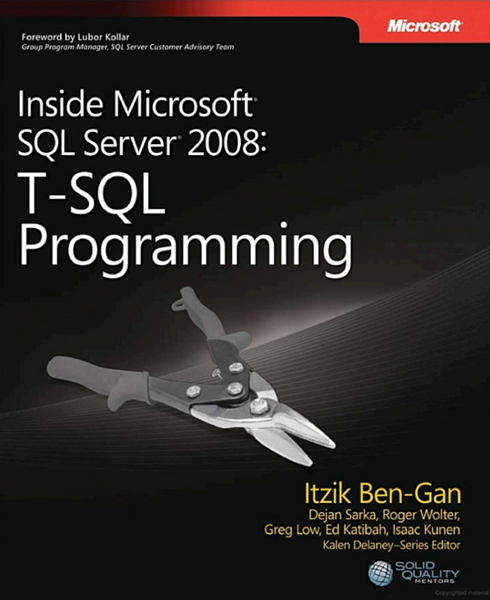Kevin Kline's Travel Meme
Our buddy Kevin Kline has started a travel meme to provide ideas for people travelling to PASS, given many don’t travel very often. He’s after some good solid travel tips. I’m one of the people he called out so here are a few that come to mind immediately:
1. Delays and mishaps occur. If you don’t allow enough time between flight connections, etc. then you are asking for problems, regardless of what the airline says. For example, I *never* allow an international to domestic connection through Los Angeles of less than three hours and prefer four hours. The further you’re travelling from, the more you can get delayed. Airlines will let you book a two hour connection there. Don’t do it. If you’re feeling frustrated with delays, get over it.
2009-10-26


